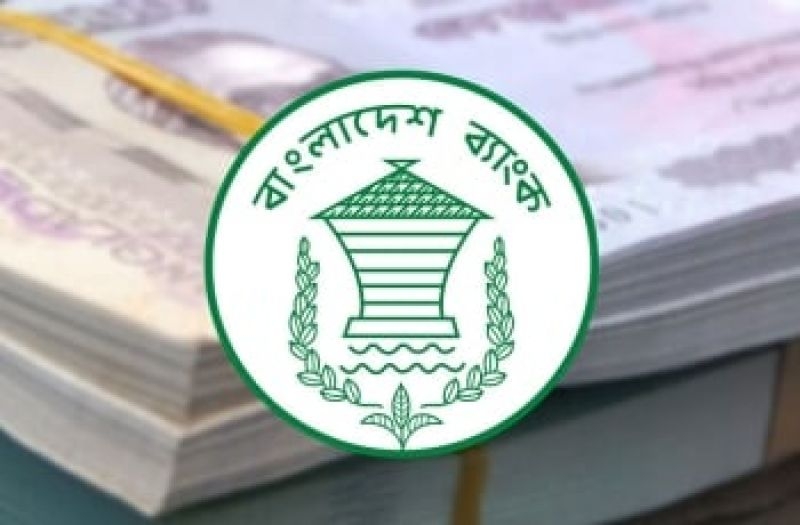- Climate Change Drives Deadly Floods, Storms, and Water Crises |
- UN Advances Peace, Development Amid Global Challenges |
- S Arabia, Pak ink defence pact after Israeli strike on Qatar |
- No new committee forming, focus on polls candidates: Tarique |
- Dhaka-Beijing partnership to advance peace, prosperity: Yunus |
Banks in Bangladesh slash CSR; spending hits 10-year low

Bangladesh Bank logo
Corporate Social Responsibility (CSR) spending by banks in Bangladesh has plummeted to its lowest level in a decade, dropping to Tk 150.56 crore in the first half of 2025, less than half of the previous six months’ outlay, according to the latest Bangladesh Bank data.
This is the lowest CSR expenditure in 10 years, dropping even below the Tk 254 crore recorded in the first half of 2015.
The steep drop in CSR spending has sparked questions about banks’ commitment to social causes and is being seen by analysts as a sign of shifting priorities.
A review of central bank figures shows CSR spending has fluctuated in recent years. It stood at around Tk 298 crore in July–December 2021, rose sharply to Tk 514 crore in the same period of 2022, then slid to Tk 353 crore in the latter half of 2023.
The plunge to Tk 150 crore in early 2025 is largely being linked to shifts in the country’s political landscape.
Bank officials say that under the previous government, institutions were often pressured to channel CSR funds into education, healthcare, events or donations at the behest of political figures, local representatives or other influential individuals.
Much of this spending, they argue, went beyond genuine social responsibility.
Since the political movements of July 2024 and the change in government in August, that pressure has eased considerably. Banks are now exercising greater discretion over CSR allocations, resulting in a steep fall in expenditure.
“Previously, CSR budgets were often used according to the wishes of political or influential people,” a branch manager of a private bank told UNB on condition of anonymity.
“The decisions on whom to give to and where were made from the outside. Now there is no such pressure. Banks are spending based on their own judgment, and consequently, the expenditure has decreased significantly,” he said.
Economist Mashrur Reaz told UNB that CSR spending needs more transparency and accountability. Political influence, he warned, often diverts funds to unproductive areas, undermining the true intent of corporate social responsibility.
Under Bangladesh Bank regulations, commercial banks must allocate a portion of their net profits to CSR. Yet a lack of reliable data and oversight about how and where the money is used has long been a source of controversy.
Bangladesh Bank guidelines stipulate that 30 percent of CSR funds should go to education, another 30 percent to health, and 20 percent to environmental and climate change initiatives.
The remaining 20 percent may be used for income-generating activities, disaster management, infrastructure, sports and other areas.
The report shows that during the period under review, 61 scheduled banks disregarded these instructions, spending 55 percent (Tk 83 crore) on ‘other’ purposes.
Only 22.75 percent (Tk 34.25 crore) went to education, 18.67 percent (Tk 28.12 crore) to health, and a meagre 3.46 percent (Tk 5.21 crore) to environmental and climate change projects.
Thirteen banks, including Janata Bank, Agrani, Basic Bank, Bangladesh Krishi Bank, Rajshahi Krishi Unnayan Bank, Bangladesh Commerce Bank, National Bank, Padma Bank, Community Bank, SBSC, Union Bank, Global Islami Bank, and the National Bank of Pakistan, did not spend any money on CSR during the period, according to the central bank report. - UNB

